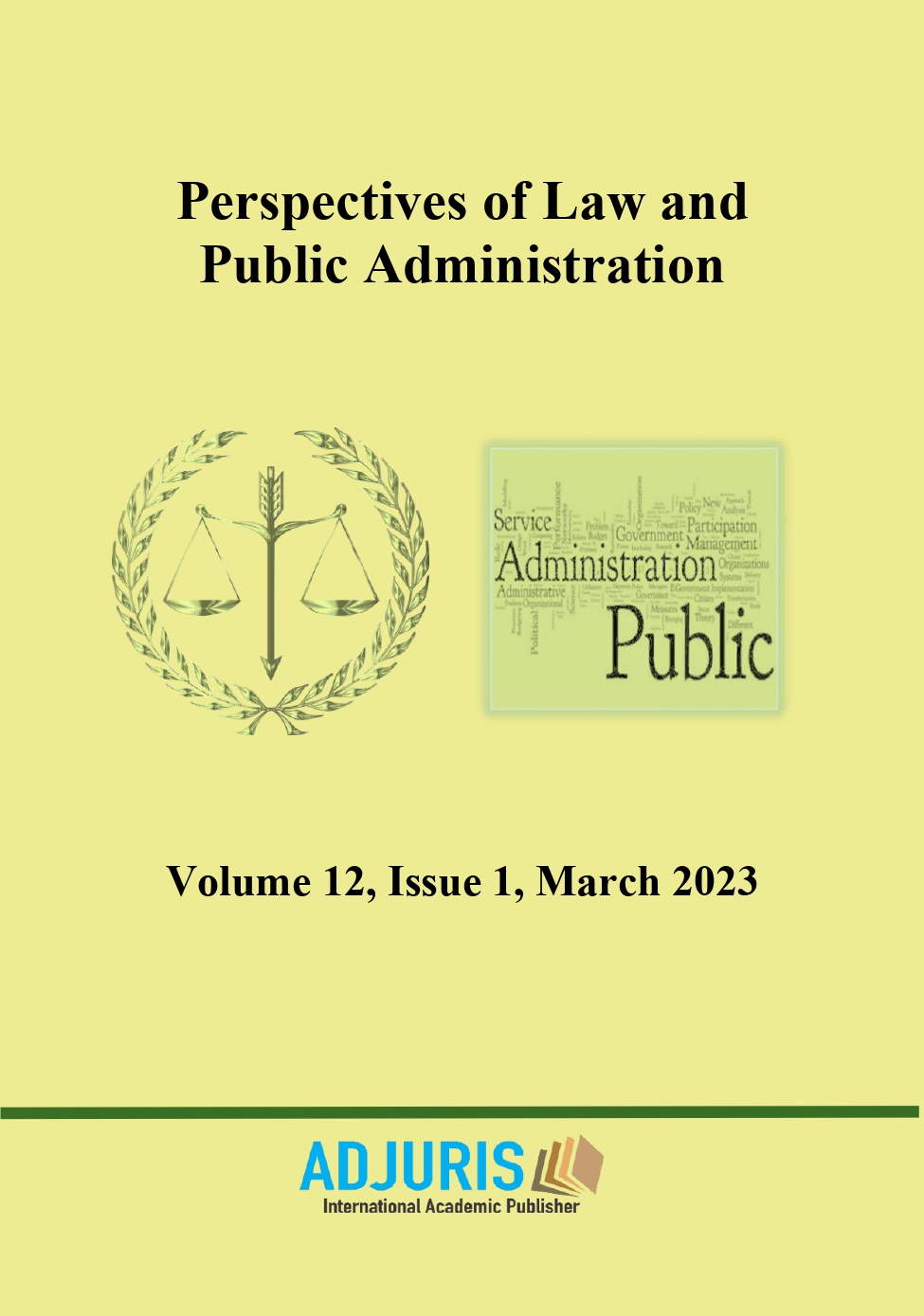Extra-Marital Children (Walad Al Zina) and Their Inheritance Rights under Islamic Law: A Comparison of Islamic Law and South African Common Law
Extra-Marital Children (Walad Al Zina) and Their Inheritance Rights under Islamic Law: A Comparison of Islamic Law and South African Common Law
Author(s): Nqobizwe Mvelo Ngema, Desan IyerSubject(s): Constitutional Law, Civil Law, Human Rights and Humanitarian Law, Sharia Law, Comparative Law
Published by: Societatea de Stiinte Juridice si Administrative
Keywords: extra-marital children under Islamic law; disqualification from inheritance; violation of equality rights;
Summary/Abstract: Islamic law apportions different responsibilities to males and females because Allah created men with greater physical strength if compared to female counterparts. As a result of this men are mandated to be the protectors and financial providers to women and are given more inheritance if compared to women because of such responsibility. This justification of discrimination is likely to be challenged very soon. Any child born from unmarried parents and adultery (zina) is stigmatised as walad al zina (extra-marital child) for his entire life and is forbidden from inheriting an estate of his biological father. This exclusion constitutes an unfair discrimination against extra-marital children and is an affront to their human dignity. A comparison conducted shows that the South African common law does not discriminate between males and females and extra-marital child is not forbidden from inheriting the estate of his deceased biological father.
Journal: Perspectives of Law and Public Administration
- Issue Year: 12/2023
- Issue No: 1
- Page Range: 74-81
- Page Count: 8
- Language: English

